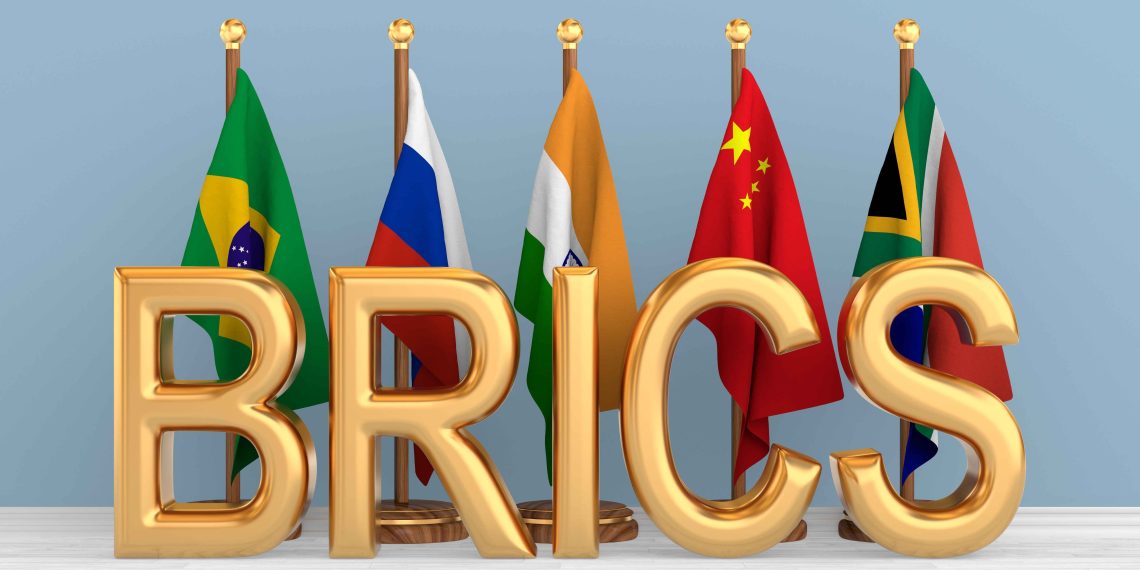At the BRICS Summit in Johannesburg on August 24, 2023, Brazil, Russia, India, China, and South Africa announced the addition of six new countries: Argentina, Egypt, Ethiopia, Iran, Saudi Arabia, and the UAE. Starting January 1, 2024, BRICS will encompass nearly half of the world’s population.
The expansion is poised to shift global dynamics significantly. With the new members, BRICS is expected to surpass the G7 in total GDP, as its economies are growing at faster rates compared to those of the G7 nations. This move could enhance BRICS’s influence and potentially reduce tensions among its Middle Eastern members, though it may also provoke reactions from the U.S. and NATO, given the inclusion of Iran and the existing presence of Russia and China.
Despite internal disagreements, with China and Russia advocating for rapid expansion and India cautious about too many new members, the growing interest in joining BRICS reflects a desire for alternatives to Western-dominated groups like the G7 or G20. India’s role is crucial, balancing BRICS’s anti-Western tendencies while strengthening its geopolitical ties with the U.S.
The BRICS bloc offers a model of ‘non-interventionism’ that appeals to members such as Brazil and Ethiopia, who prefer to avoid the economic and geopolitical disputes between China and the U.S. Plans are underway for further expansion, with 20 countries applying for membership, though the criteria remain flexible.
The BRICS expansion also highlights a push away from dollarization, with some members, like Brazil and Argentina, making strides in de-dollarizing their economies. However, the group faces challenges, including limited unity among its members on global governance issues and cultural differences.
Despite these challenges, BRICS is steadily increasing its influence by taking over liberal-led global institutions and creating new ones with support from China, Russia, and sometimes India. The group provides an alternative for states seeking economic benefits without conforming to Western values.
China’s non-interventionist approach, while flawed, resonates with regions previously affected by Western imperialism. As the G7 continues to emphasize ‘values’ and the preservation of the ‘liberal order,’ its stance may inadvertently bolster BRICS’s influence. To counter this trend, the G7 and the U.S. may need to address internal geopolitical developments and adjust their strategies to prevent further BRICS advancement.





















